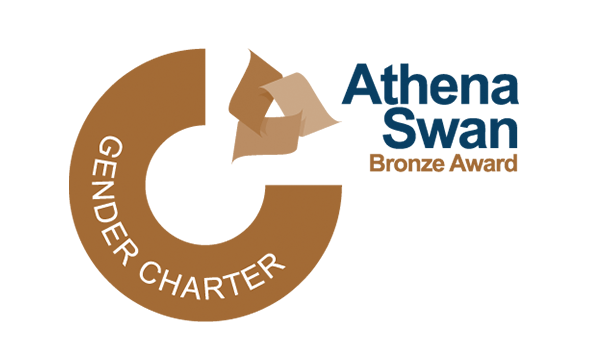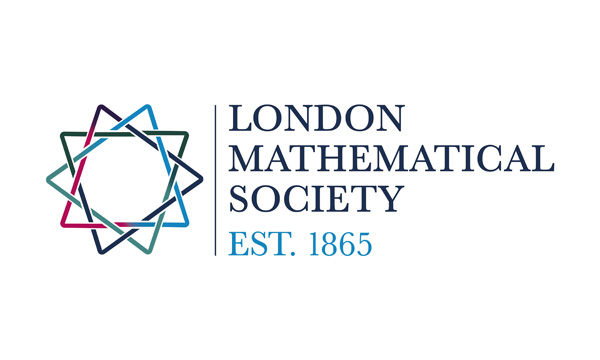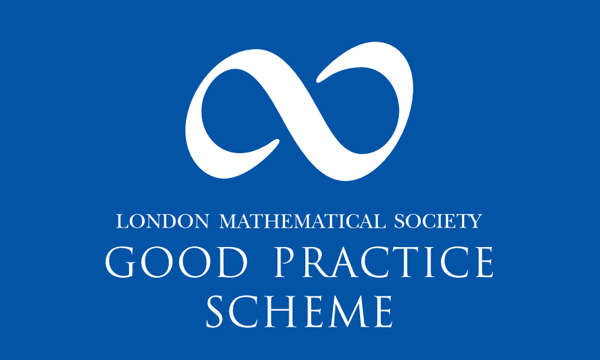Functor categories for groups
Friday 4 April 2025. Hybrid: Lancaster, Postgraduate Statistics Centre Lecture Theatre A54 and Zoom.
Provisional timetable (UK times)
13:30-14:30 John Nicholson (Glasgow)
14:30-15:30 Simon Smith (Lincoln)
15:30-16:00 break
16:00-17:00 Clover May (Trondheim)
Titles and abstracts
John Nicholson: The cancellation property for projective modules over integral group rings
Let G be a finite group and let Z[G] denote the integral group ring. If two finitely generated projective Z[G]-modules P and Q are isomorphic after taking a direct sum with the free module Z[G], are they necessarily isomorphic? If so, we say that Z[G] has the cancellation property. This was studied extensively in the 1960s-80s by H. Jacobinski, A. Fröhlich and R. G. Swan, and has applications both in number theory and algebraic topology. However, a complete classification of the finite groups which have the cancellation property has remained out of reach. In this talk, I will present a new cancellation theorem for projective Z[G]-modules and explain how this leads to an approach to complete the classification using only finite computation. By utilising recent computer calculations of W. Bley, T. Hofmann and H. Johnston, this leads a classification of when cancellation occurs among all finite groups G which have no quotient which is a binary tetrahedral group, binary octahedral group, or a binary icosahedral group.
Simon Smith: Groups acting on trees beyond Bass-Serre Theory: the theory of local action diagrams
In this talk, which concerns groups acting on trees, I will describe joint work with Colin Reid in which we develop a `local action' complement to classical Bass-Serre theory. We call this the theory of local action diagrams. This theory addresses a limitation of Bass-Serre theory that frequently occurs when one tries to construct novel examples of ``large'' groups acting on trees. This limitation has been particularly troublesome in the rapidly-developing theory of totally disconnected and locally compact groups.
To highlight the significance of our theory, I will describe how we can use it to obtain a complete classification of all group actions on trees that have Tits' Independence Property (P).
Clover May: Representations of Mackey functors and Eilenberg--MacLane spectra
An algebra's representation type, tame or wild, determines whether it is possible to describe all its indecomposable representations in a meaningful way. Mackey functors were introduced by Dress and Green to encode operations that behave like restriction and induction in representation theory. They play a central role in equivariant homotopy theory, where homotopy groups are replaced by homotopy Mackey functors. In this talk I will discuss the representation type and derived representation type of cohomological Mackey functors, as well as some consequences for equivariant Eilenberg-MacLane spectra. This is joint work in progress with Jacob Grevstad.
------------------------------
More information on the Functor Categories for Groups see the website: Functor Categories for Groups
To register for the event or to receive the talk links, please email the organiser Nadia Mazza (n.mazza@lancaster.ac.uk).
The FCG Research Group is supported by an LMS Joint Research Groups in the UK Scheme 3 grant. Current corresponding organisers for this are Dawid Kielak (Oxford), Nadia Mazza (Lancaster) and Simon Smith (Lincoln). Limited funding is available for PhD students, allocated on a first come first served basis.
For UK-based mathematicians with caring duties the LMS has a Caring Supplementary Grant scheme which allows participants of meetings like ours to apply for help covering caring costs. See London Mathematical Society grants for other funding possibilities.




